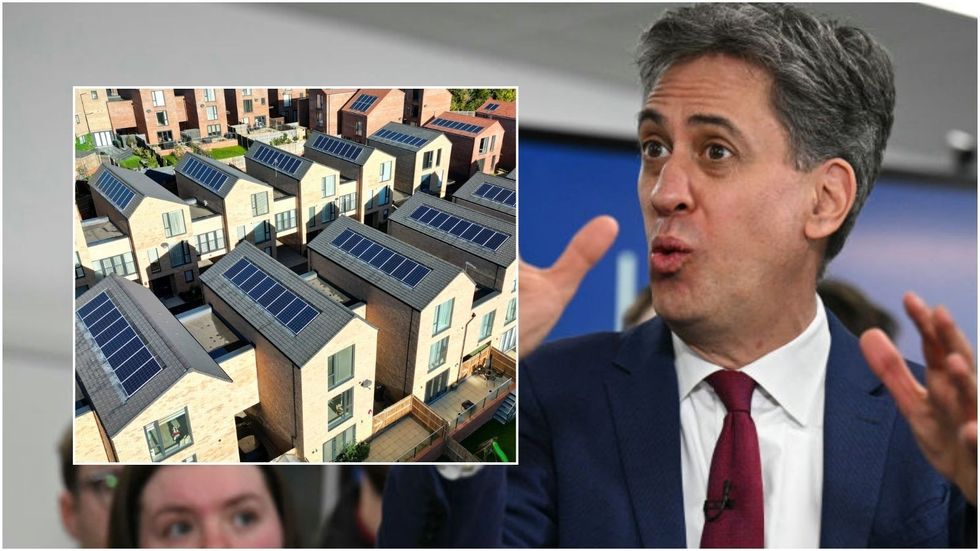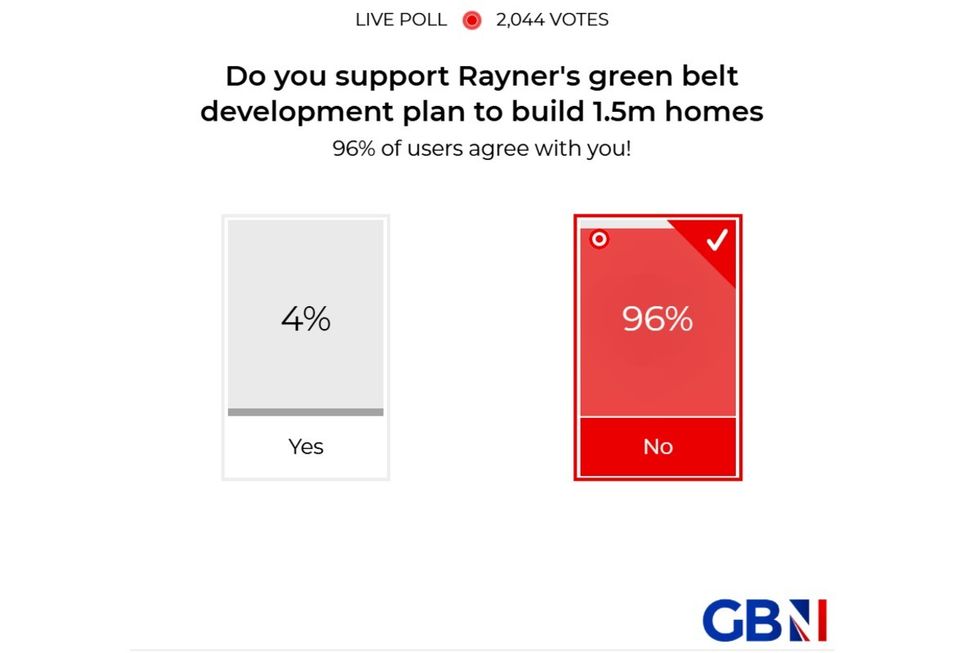Labour’s plans to make rental homes more energy efficient could lead to rent increases of up to £4,000 per year by 2030, according to Conservative analysis.
The proposed measures would leave property owners facing a total bill of £21.8bn to meet new environmental standards.
Ed Miliband’s plans to ban millions of property owners from renting out their homes starting in 2028 unless they make expensive green upgrades.
Despite Chancellor Rachel Reeves’ promise to reduce red tape and lower costs for businesses, Miliband is pushing ahead with the changes. He’s also moved up the deadline for these reforms by two years, giving landlords less time to prepare.
Starting in 2028, all rental properties will need an Energy Performance Certificate (EPC) rating of C before new tenancies can be agreed.
Tory analysis of Government data and estate agent estimates shows that the total cost to landlords would be £21.8bn.

If landlords pass these costs onto tenants, rents could rise by 5.1 per cent each year
GETTY
Please write at least 2 paragraphs
If landlords pass these costs onto tenants, rents could rise by 5.1 per cent each year, reaching a 25.5 per cent increase by 2030, adding £4,000 to the average rent.
Andrew Bowie, the shadow energy secretary, said: “Ed Miliband said he would cut energy bills by £300 but in just another broken promise bills are up and rents are set to follow, piling thousands in costs on hard-working families.
“The Conservatives are under new management and will tell the British people the truths Labour refuse to. You cannot keep piling costs on people without any consequences. He must change course now.”
LATEST DEVELOPMENTS:
According to Savills, a major UK estate agent, around 2.9 million privately rented homes are not rated C.
Most of these are older properties, with over 70 per cent of houses built before 1950 failing to meet the new standard.
Government data shows the average cost to upgrade a property to a C rating is £7,529, but it can be much higher for older homes.
This means landlords could face paying £4.4 billion a year, or five per cent of the £85.6 billion they earn in rent, which might be passed on to tenants.
If fully passed on, the average UK rent would rise from £16,000 to £20,000 by 2030.
A 2022 Shawbrook Bank survey found that more than half of landlords plan to pass at least some of the cost to tenants.
Property experts have raised concerns that the green targets could lead to a rise in evictions when they take effect.
They warn that some landlords might sell their properties, while others could evict tenants to carry out upgrades.
Miliband has argued that the reforms prioritise tenants who have been “abandoned and forgotten” as opportunities for warmer homes and lower energy bills have been ignored.
 POLL OF THE DAY: Do you support Angela Rayner’s green belt development plan to build 1.5million homes? YOUR VERDICTGB News
POLL OF THE DAY: Do you support Angela Rayner’s green belt development plan to build 1.5million homes? YOUR VERDICTGB News
He strongly rejected suggestions that the energy efficiency requirements will drive up rental costs. He said: “People, if they’ve paid their rent, have a right to live in warm homes so that’s what we’re going to do.”
He pointed to existing support mechanisms for landlords, including Government assistance and local grants.
Miliband added: “There is some Government help, we’re looking at what more can be provided…there are some local grants, there’s the boiler upgrade scheme.”
The Energy Secretary added that when similar standards were previously implemented, “we didn’t see rent increases and half of landlords already do this”.